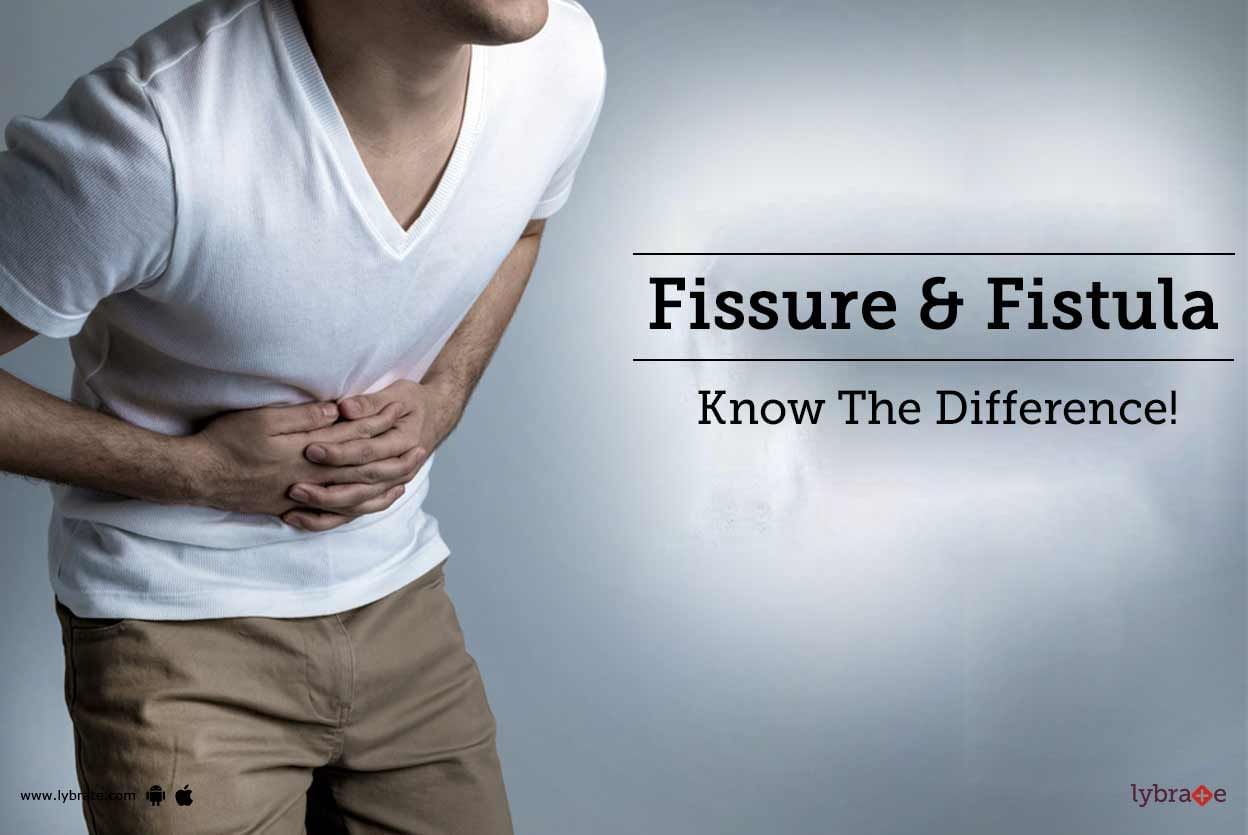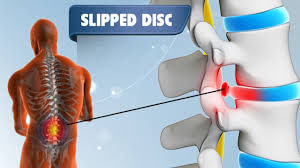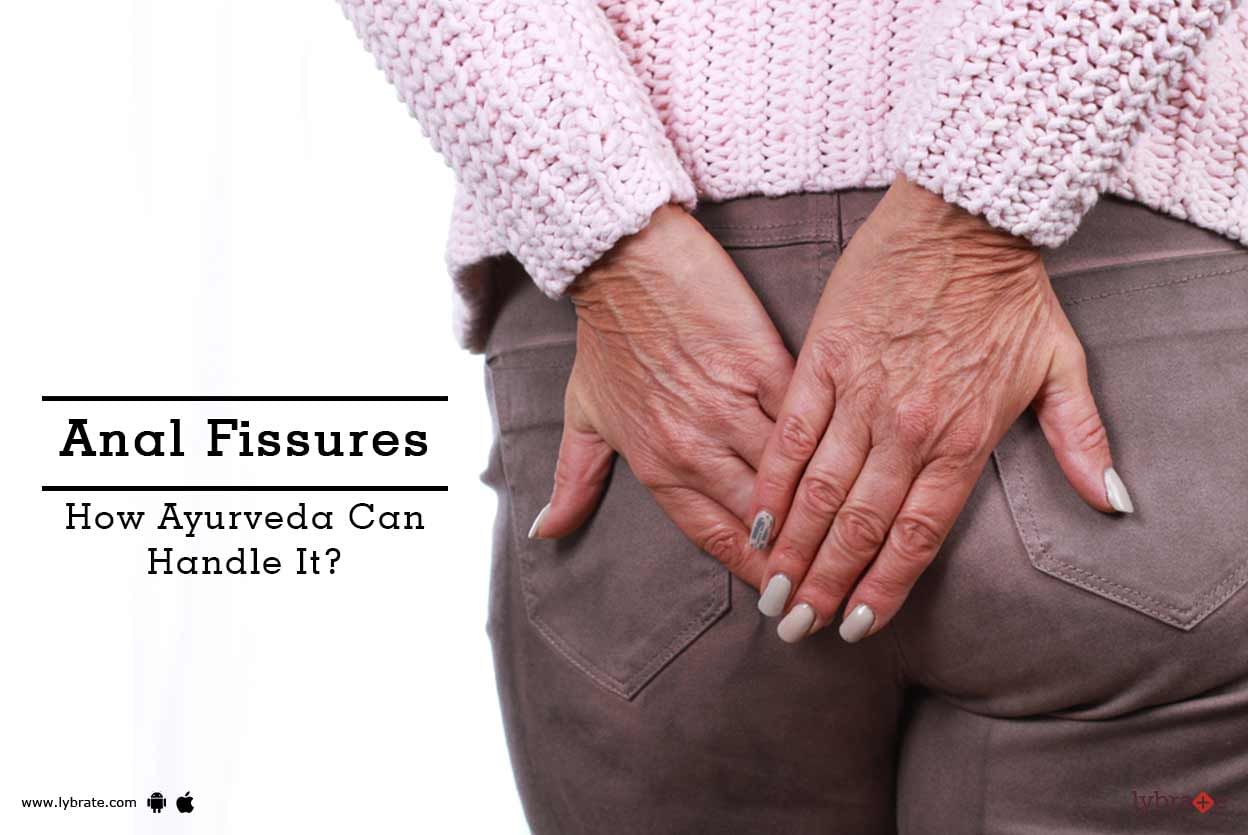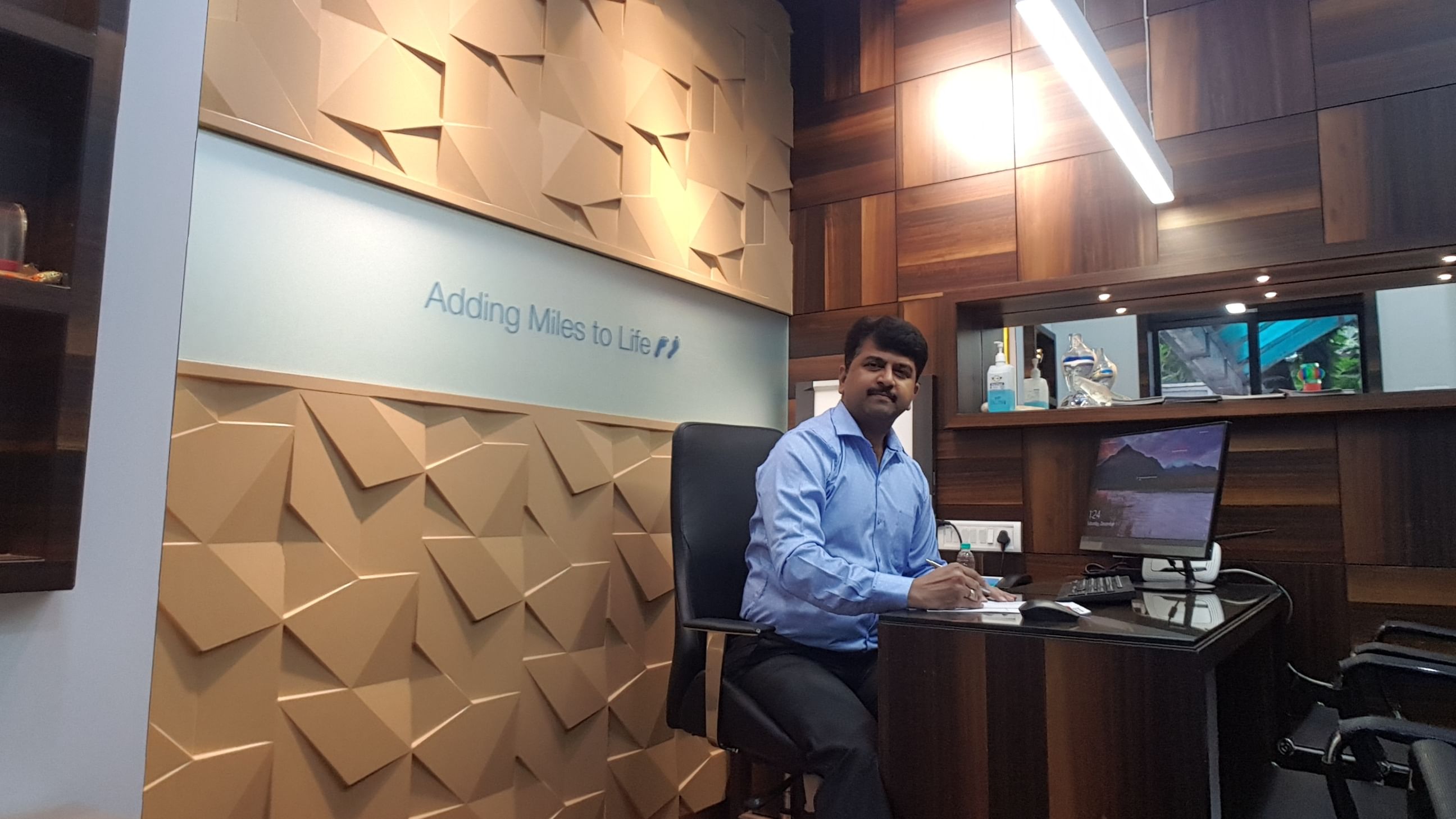Get the App
For Doctors
Login/Sign-up
About
Health Feed
Find Doctors
Health Packages
AllQ&AsTipsQuizzes
Urethral Stricture Tips
Last Updated: 6 years ago• Featured Tip
Share
Bookmark
Report
Anal fissures are small tears that develop in the thin, moist mucosa inside the anus. The most common cause for such a tear is the passage of excessively hard or large stool. Fissures cause pain and bleeding. Anal fissures are common in infants, but older people may also experience the same problem.
Causes of Anal Fissures:
Passing large and hard stools.
Chronic constipation
Chronic diarrhoea
Childbirth
Uncommon Causes for the Disorder Include-
HIV
...more
Causes of Anal Fissures:
Passing large and hard stools.
Chronic constipation
Chronic diarrhoea
Childbirth
Uncommon Causes for the Disorder Include-
HIV
...more
Last Updated: 6 years ago• Featured Tip
Share
Bookmark
Report
If you think fissure and fistula are the same, you are mistaken. While the term fissure refers to the tear of the skin, fistula refers to the abnormal tube-like passages or connections between organs. Fissures get cured with or without treatment in a few days to few weeks, and do not lead to complications. On the contrary, fistulas, when left untreated, may lead to complications.
So, read on further to know about the distinction, how to recognize the symptoms and avail treatment.
more
So, read on further to know about the distinction, how to recognize the symptoms and avail treatment.
Last Updated: 6 years ago• Featured Tip
Share
Bookmark
Report
If you think fissure and fistula are the same, you are mistaken. While the term fissure refers to the tear of the skin, fistula refers to the abnormal tube-like passages or connections between organs. Fissures get cured with or without treatment in a few days to few weeks and do not lead to complications. On the contrary, fistulas, when left untreated, may lead to complications.
So, read on further to know about the distinction, how to recognize the symptoms and avail treatment.
more
So, read on further to know about the distinction, how to recognize the symptoms and avail treatment.
Last Updated: 6 years ago• Featured Tip
Share
Bookmark
Report
Cervical spondylosis is a disorder that affects the joints and disc around the cervical region or neck. Earlier, it was believed that spondylosis can occur in old people only and is an age-related disorder. However, it is not true nowadays. Today, even youngsters complain of pain in the neck region due to cervical spondylosis. It occurs mostly to people who spend longer hours sitting and working on the computer. It is caused due to damage of cartilage and bones in this region. Symptoms of cervic...more
Last Updated: 6 years ago• Featured Tip
Share
Bookmark
Report
An anorectal abscess is a painful swelling near the anus or in the buttock. The swelling contains pus. 60% anorectal abscesses are superficial and resulting from infection in small anal glands present in between internal and external anal sphincters (intersphincteric space). They are known as a perianal abscess. 30% of anorectal abscesses are deep-seated and results in systemic infection. They are call Ischiorectal abscess. Submucous abscess, pelvirectal abscess and pilonidal abscess developed f...more
Last Updated: 6 years ago• Featured Tip
Share
Bookmark
Report
Anal fissures arereferred to as a small cut or a tear in the lining of the anus. The cut or crack on the skin is the main cause of the severe pain. The person might observe bright red bleeding during and after passing bowel movements. Sometimes, when the fissure goes deep it exposes the muscle tissue underneath of the anus. An anal fissure might occur due to labor, i.e. during childbirth, straining or pushing during bowel movements, constipation, diarrhea, or certain medical conditions such as i...more
Last Updated: 6 years ago• Featured Tip
Share
Bookmark
Report
Disc prolapse or what is popularly known as a herniated disc occurs when the soft, rubbery tissues of the spinal discs push through a crack in the tougher exterior casing. It usually results from wear and tear of the spinal discs over time.
Risk Factors-
The following factors may put you at risk of a disc prolapse
Genetics You may have a tendency towards developing a disc prolapse
Occupation People who are engaged in physically demanding jobs are more likely to...more
Risk Factors-
The following factors may put you at risk of a disc prolapse
Genetics You may have a tendency towards developing a disc prolapse
Occupation People who are engaged in physically demanding jobs are more likely to...more
Last Updated: 6 years ago• Featured Tip
Share
Bookmark
Report
HOMEOPATHIC MEDICINE FOR SLIPPED DISC OR HERNIATED DISC
Slipped Disk or Prolapsed Intervertebral Disc causes intense pain in back, legs & sciatic nerve. Know the cause & homeopathic medicine for a slipped disk.
Are you looking for a homeopathic cure for the slipped disk? This article discusses the homeopathy treatment of slipped disk along with the best homeopathic medicine for slipped disk treatment.
The disks are pads of tissue situated between each of the vertebrae ...more
Slipped Disk or Prolapsed Intervertebral Disc causes intense pain in back, legs & sciatic nerve. Know the cause & homeopathic medicine for a slipped disk.
Are you looking for a homeopathic cure for the slipped disk? This article discusses the homeopathy treatment of slipped disk along with the best homeopathic medicine for slipped disk treatment.
The disks are pads of tissue situated between each of the vertebrae ...more
Last Updated: 6 years ago• Featured Tip
Share
Bookmark
Report
What do you mean by anal fissures?
An anal fissure is a little laceration in the moist tissue that lines the opening of the anus. An anal fissure might develop as a result of a trauma. For example, a person suffering from constipation (or diarrhea) can develop fissure as a result of exerting too much pressure while defecating.
Some of the symptoms of anal fissures include:
Bleeding during defecation
Defecation accompanied by a burning pain
A persistent discomfo...more
An anal fissure is a little laceration in the moist tissue that lines the opening of the anus. An anal fissure might develop as a result of a trauma. For example, a person suffering from constipation (or diarrhea) can develop fissure as a result of exerting too much pressure while defecating.
Some of the symptoms of anal fissures include:
Bleeding during defecation
Defecation accompanied by a burning pain
A persistent discomfo...more
Last Updated: 6 years ago• Featured Tip
Share
Bookmark
Report
Piles, fistula and fissures are the most common problems affecting the rectum and the anus. Both the rectum as well as the anus has a very rich vascular supply. There could be swelling of these blood vessels or tearing which can lead to the above conditions. Read on to know additional details about each of these conditions.
Piles: In simple words, swollen blood vessels of the anal region are called piles. It can be internal or external, depending on how far it is from the anal canal. I...more
Piles: In simple words, swollen blood vessels of the anal region are called piles. It can be internal or external, depending on how far it is from the anal canal. I...more
Book appointment with top doctors for Urethral Stricture treatment
View fees, clinic timings and reviews
Ask a free question
Get FREE multiple opinions from Doctors
posted anonymously





















